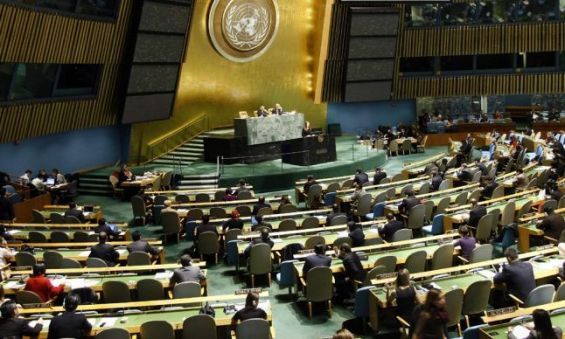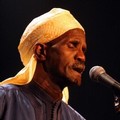The Western Sahara issue was at the heart of a substantive session of the Special Committee on Decolonization, Information, Visiting Missions held, Monday, in New York. During the meeting, attended by Morocco’s representative to the United Nations, several delegations voiced their positions on the territorial dispute.
Speaking before the Committee of 24 of the United Nations, a representative from Algeria, a country that houses and supports the Polisario Front, defended the stand of the separatist movement.
«The inalienable right of the Territory’s people to self-determination has been established and codified by numerous General Assembly resolutions, as well as the decision of the European Court of Justice in 2015, 2016 and 2018», the UN wrote in a press release, quoting Algeria’s representative.
South Africa, which is one of the Polisario’s biggest allies in Africa, made mention, during the same meeting, of the judgments issued by the European Court of Justice. «Our national experience has taught us the value of international solidarity, which brought down the repressive system of apartheid», South Africa’s representative said, referring to the Western Sahara issue.
Backed by its allies in Africa and the Middle East
By the same token, the Cuban representative «called for renewed effort on Western Sahara so that the territory’s people can exercise their right to self-determination». Representing La Havana, which maintains diplomatic ties with the Polisario, the diplomat said that the «people of Western Sahara» will always «have the firm support of the Cuban people».
Responding to the harsh remarks, Morocco’s representative Omar Hilale said that the «Moroccan Sahara question is not a matter of decolonization, but rather one of territorial integrity and cold war legacy».
Hilale slammed Algeria’s support for the separatist movement, stressing that the neighboring country «still turns a deaf ear to international calls for a census of the Tindouf refugee camps on its territory».
While the Polisario’s allies in Africa and Latin American sided with Brahim Ghali during the session, Morocco’s classical allies backed Rabat.
In Africa, the Ivorian representative hailed, during the meeting, the former Personal Envoy of the Secretary-General’s efforts, which resulted in bringing the parties together, including neighboring countries. Ivory Coast commended Morocco’s Autonomy plan, describing it as «a pragmatic idea to end the dispute». The same idea was highlighted by representatives from Guinea, Senegal, Sierra Leone, Saint Lucia and Saint Kitts and Nevis.
Saudi Arabia and United Arab Emirates have also supported the Kingdom before the Committee of 24 of the United Nations. In New York, Saudi Arabia’s representative commended the Geneva round-table meetings convened by the former personal envoy, expressing «his delegation’s support for Morocco’s autonomy initiative», the UN reported.
Saudi Arabia’s position in New York was followed by a communiqué, in which it «commended the efforts of the UN Secretary-General on the Moroccan Sahara issue».
Saudi Arabia and the United Arab Emirates’ support comes as relations with Morocco have been marked by a setback in the recent months. In April, Moroccan Foreign Minister Nasser Bourita visited several countries in the region, including Saudi Arabia, carrying royal messages to King Salman and his son Mohammed Ben Salman, without visiting the United Arab Emirates.





 chargement...
chargement...













